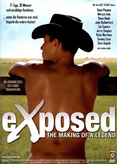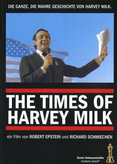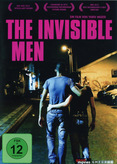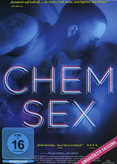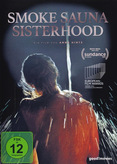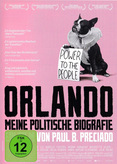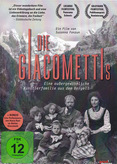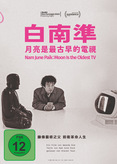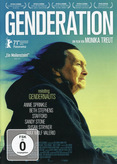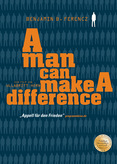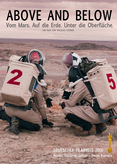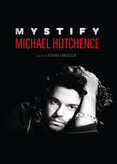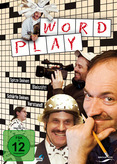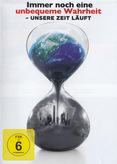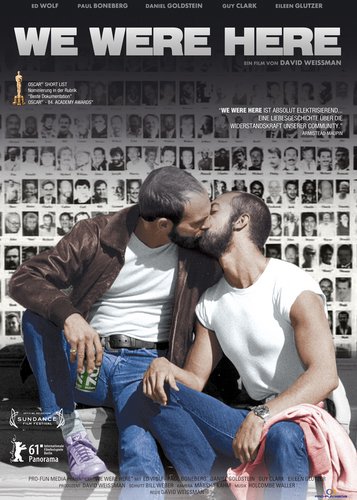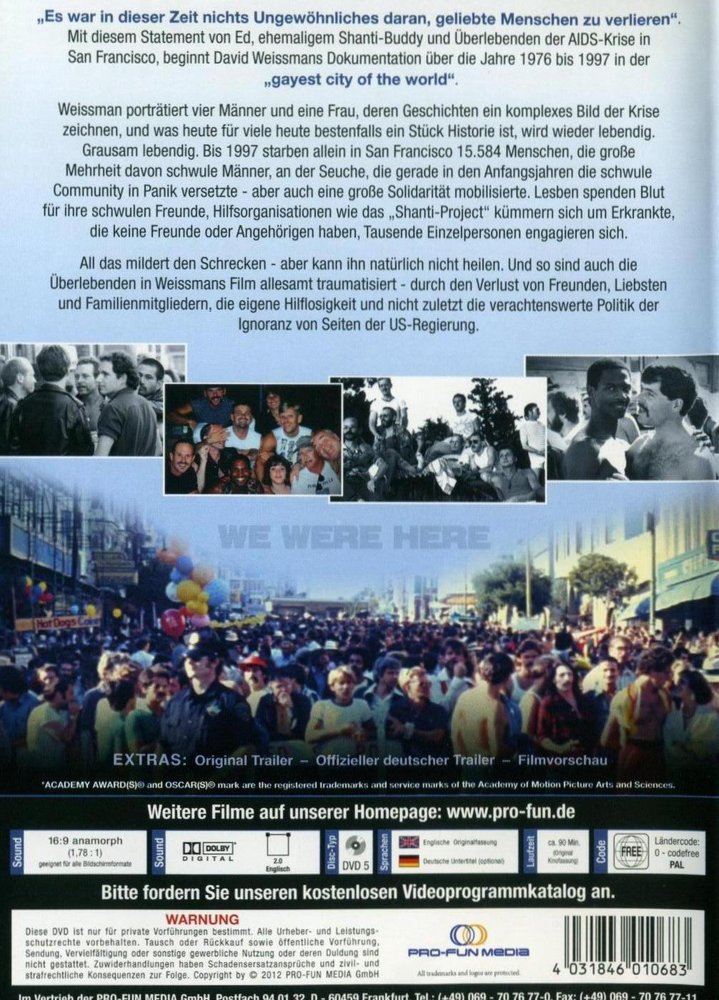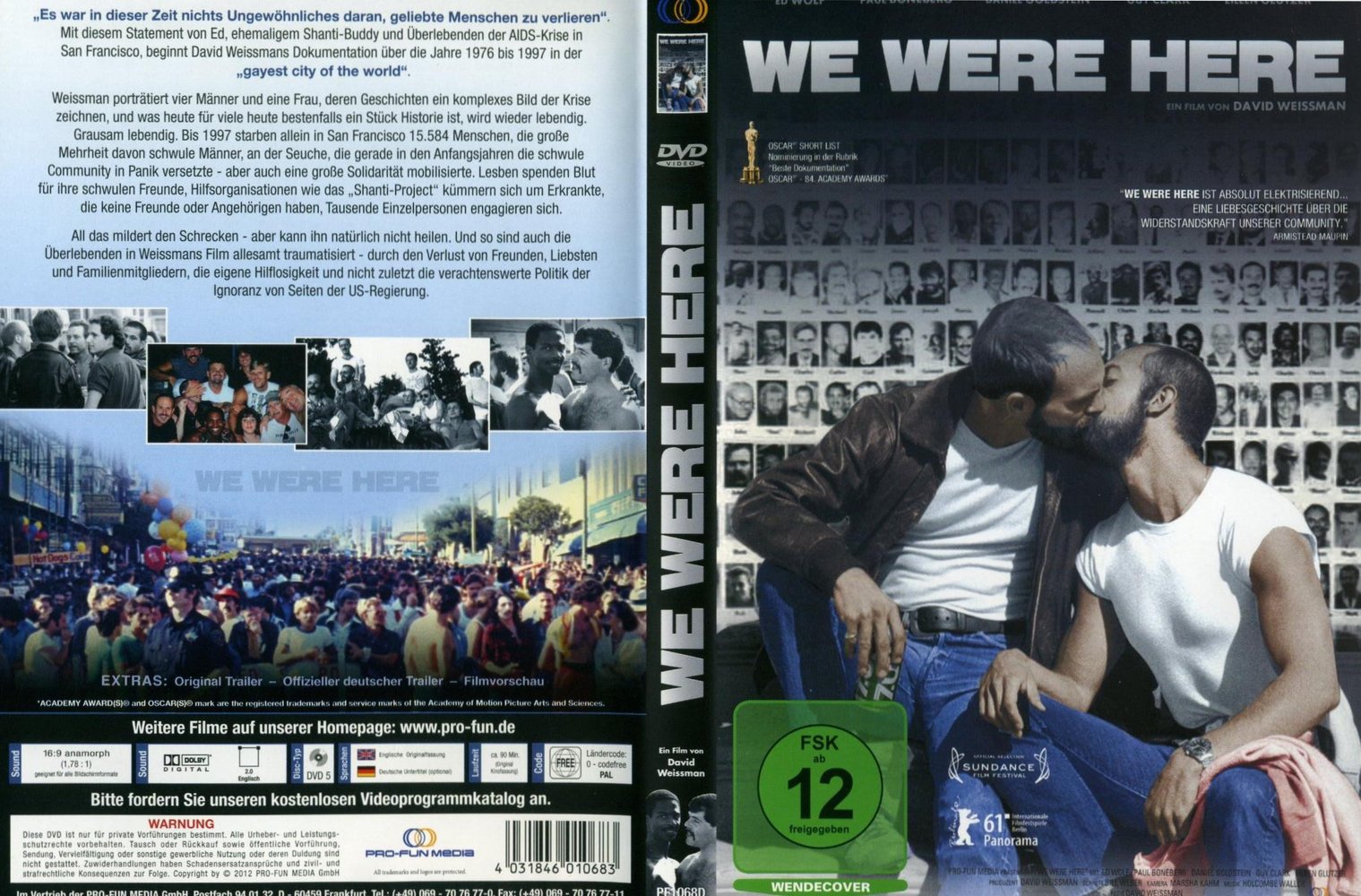"Es war in dieser Zeit nichts Ungewöhnliches daran, geliebte Menschen zu verlieren". Mit diesem Statement von Ed, ehemaligem Shanti-Buddy und Überlebenden der AIDS-Krise in San Francisco, beginnt David Weissmans Dokumentation 'We Were Here' (2011) über die Jahre 1976 bis 1997 in der 'gayest city of the world'. Weissman porträtiert vier Männer und eine Frau, deren Geschichten ein komplexes Bild der Krise zeichnen, und was heute für viele heute bestenfalls ein Stück Historie ist, wird wieder lebendig. Grausam lebendig. Bis 1997 starben allein in San Francisco 15.584 Menschen, die große Mehrheit davon schwule Männer, an der Seuche, die gerade in den Anfangsjahren die schwule Community in Panik versetzte, aber auch eine große Solidarität mobilisierte. Lesben spenden Blut für ihre schwulen Freunde, Hilfsorganisationen wie das 'Shanti-Project' kümmern sich um Erkrankte, die keine Freunde oder Angehörigen haben, Tausende Einzelpersonen engagieren sich. All das mildert den Schrecken, aber kann ihn natürlich nicht heilen. Und so sind auch die Überlebenden in Weissmans Film allesamt traumatisiert - durch den Verlust von Freunden, Liebsten und Familienmitgliedern, die eigene Hilflosigkeit und nicht zuletzt die verachtenswerte Politik der Ignoranz von Seiten der US-Regierung.
Weiterlesen »
"There was nothing unusual about losing loved ones at that time." With this statement by Ed, former Shanti buddy and survivor of the AIDS crisis in San Francisco, David Weissman's documentary 'We Were Here' (2011) about the years 1976 to 1997 in the 'gayest city of the world' begins. Weissman portrays four men and one woman whose stories paint a complex picture of the crisis, and what for many today is at best a piece of history comes back to life. Cruelly alive. By 1997, 15,584 people, the vast majority of them gay men, had died in San Francisco alone, from the epidemic, which panicked the gay community, especially in the early years, but also mobilized a great deal of solidarity. Lesbians donate blood for their gay friends, aid organizations such as the 'Shanti Project' take care of sick people who have no friends or relatives, thousands of individuals get involved. All this mitigates the horror, but of course it cannot cure it. And so the survivors in Weissman's film are all traumatized - by the loss of friends, loved ones and family members, their own helplessness and, last but not least, the despicable policy of ignorance on the part of the US government.
More »




